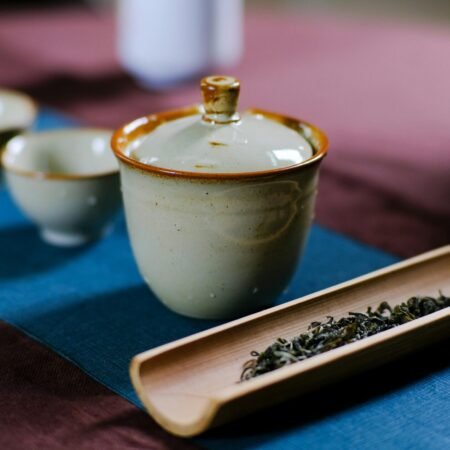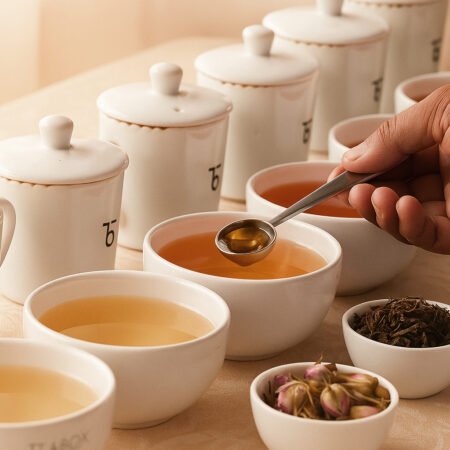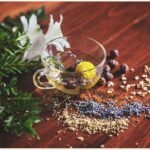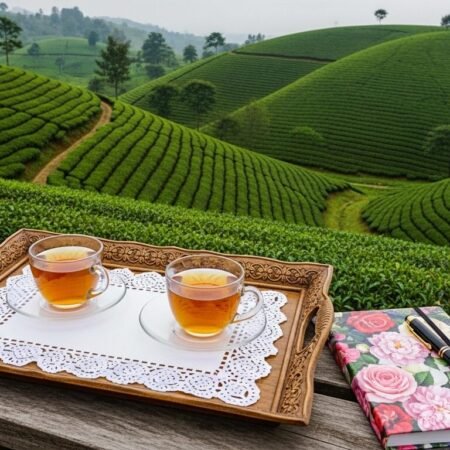
Browse Category
Tasting
Develop your sensory skills to identify and appreciate tea’s complex characteristics and hidden dimensions. Learn the vocabulary and techniques professionals use to evaluate quality and articulate the tea experience.
11 Articles


Ultimate Herbal Tea Tasting Guide: Discover Gourmet Flavors and Assortment
August 23, 2025
13 Min Read

Mastering Tea Tasting Vocabulary: A Guide to Describe Tea with Precision
August 21, 2025
13 Min Read
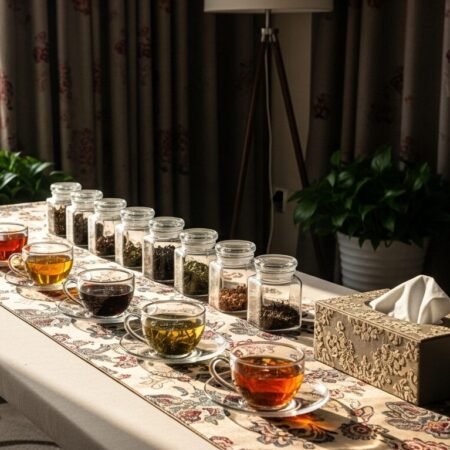
The Ultimate Guide to Seasonal Tea Tasting: Understanding Harvests and Flavors
August 7, 2025
13 Min Read

Ultimate Guide to How Processing Affects the Taste of Tea
August 5, 2025
16 Min Read
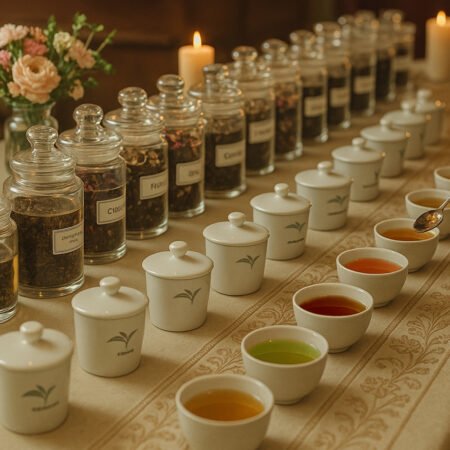
Master the Art of Tea Sensory Training: Your Path to Professional Tea Evaluation
July 18, 2025
15 Min Read

Mastering Tea Tasting Techniques: Taste Tea Like a Pro
July 16, 2025
15 Min Read

Ultimate Guide to Tea Tasting Varieties and Different Types of Tea
May 19, 2025
20 Min Read
Featured Articles
Most Delightful Newsletter
Get Our Master Tea Brewing Cheatsheet

